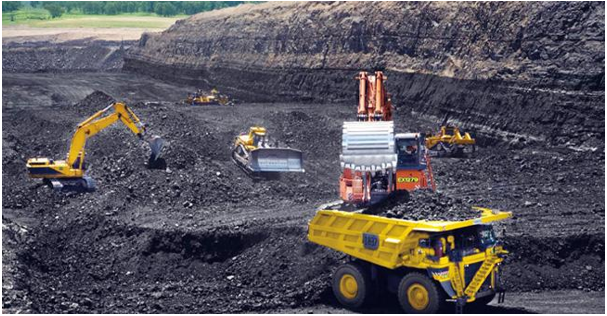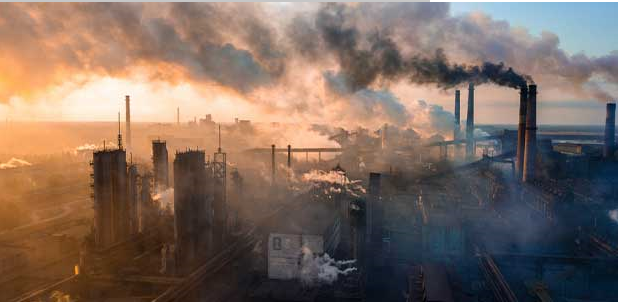آئی این پی ویلتھ پی کے
Ahmed Khan Malik
Balochistan’s industrial sector has recorded a dismal performance in the outgoing fiscal year (FY25), highlighting persistent challenges facing the province’s economic development.

Though richly endowed with natural resources, including minerals, coal, and natural gas, the province has failed to translate its potential into meaningful industrial growth. According to industrial production data released by the provincial government, industrial output in Balochistan declined by over 6% compared to the previous fiscal year.
Key sectors, including mining, manufacturing, and small-scale industries, have either stagnated or shown negative growth. This marks the third consecutive year of underperformance, underscoring structural weaknesses and lack of policy focus.

Experts cited several reasons for the bleak industrial performance. "Foremost among them is the continued lack of infrastructure development,” said Tufail Mahmood, industry researcher in Balochistan Industrial Forum. He told WealthPK that power shortages, inadequate road connectivity, and water scarcity had deterred both local and foreign investment.
“Many industrial units remain non-operational or underutilised due to erratic electric supply and insufficient logistical support.” He said the law-and-order situation also remained a critical concern. “Sporadic incidents of violence and a perceived lack of security have made it difficult to attract investors. While the security situation has improved over the years, perceptions of instability continue to weigh heavily on investor sentiment.”
Additionally, Mahmood said bureaucratic hurdles and policy inconsistency had further hampered industrial activity. “Many business owners complain of red tape, unclear regulatory frameworks, and difficulty in accessing financing. The lack of coordination between federal and provincial authorities has also led to delays in the implementation of key projects,” he added.
Despite billions allocated for infrastructure and energy development, the benefits have not trickled down to Balochistan’s industrial base. "The province remains largely a supplier of raw materials, with minimal value addition,” said Tanveer Hussain, an entrepreneur in Uthal Industrial Estate, Lasbela. “For example, Balochistan produces a large quantity of natural gas and minerals, yet there is little processing or refining done locally, depriving the province of higher economic returns and employment opportunities,” he pointed out.
He said the closure of small and medium enterprises in hubs like Hub and Lasbela further reflected the deteriorating situation. “These units, once a source of employment for thousands, are now facing uncertainty due to high input costs and a lack of government incentives. Business leaders have repeatedly urged the government to provide tax relief, subsidies, and dedicated industrial zones to revive investor confidence, but to no effect,” he added.
In response to these concerns, he said the provincial authorities had announced a new industrial policy set to be unveiled in the coming fiscal year. “The policy reportedly focuses on reviving stalled projects, simplifying regulations, and offering incentives to both local and international investors.” However, he said many remained skeptical, given the lack of implementation of past commitments.
Tanveer noted that if Balochistan’s industrial sector was to play a meaningful role in the national economy, it would require sustained efforts, targeted investment, and genuine political will. “Without these, the province risks remaining on the economic margins of Pakistan, despite its vast resource potential,” he said.
Credit: INP-WealthPk


